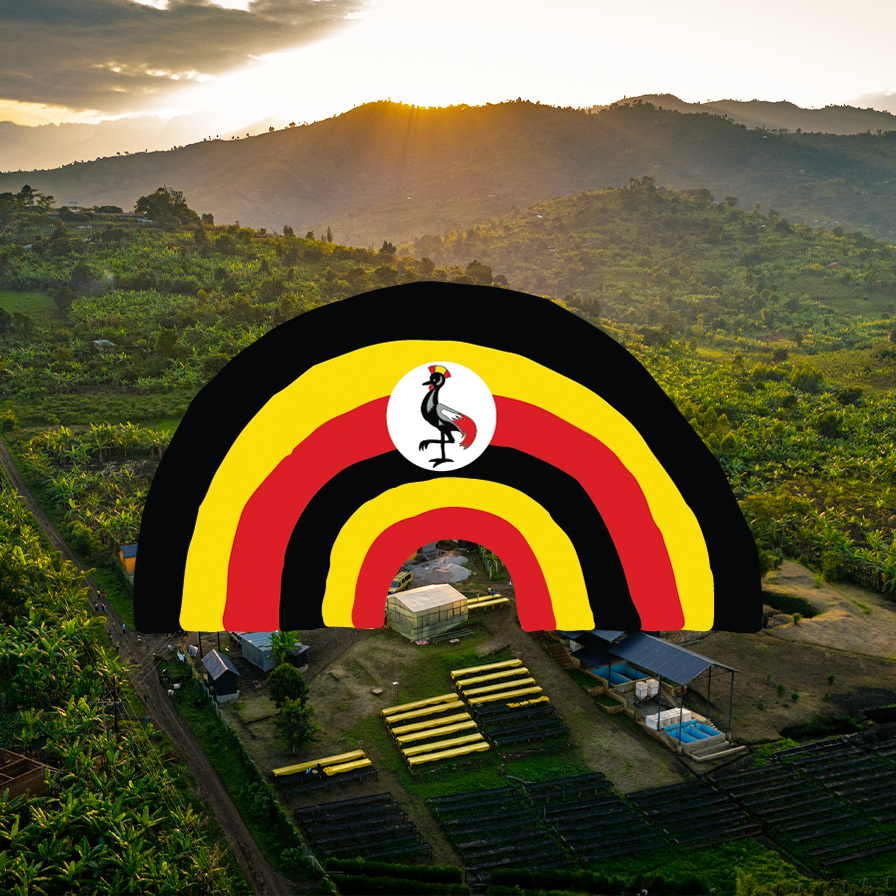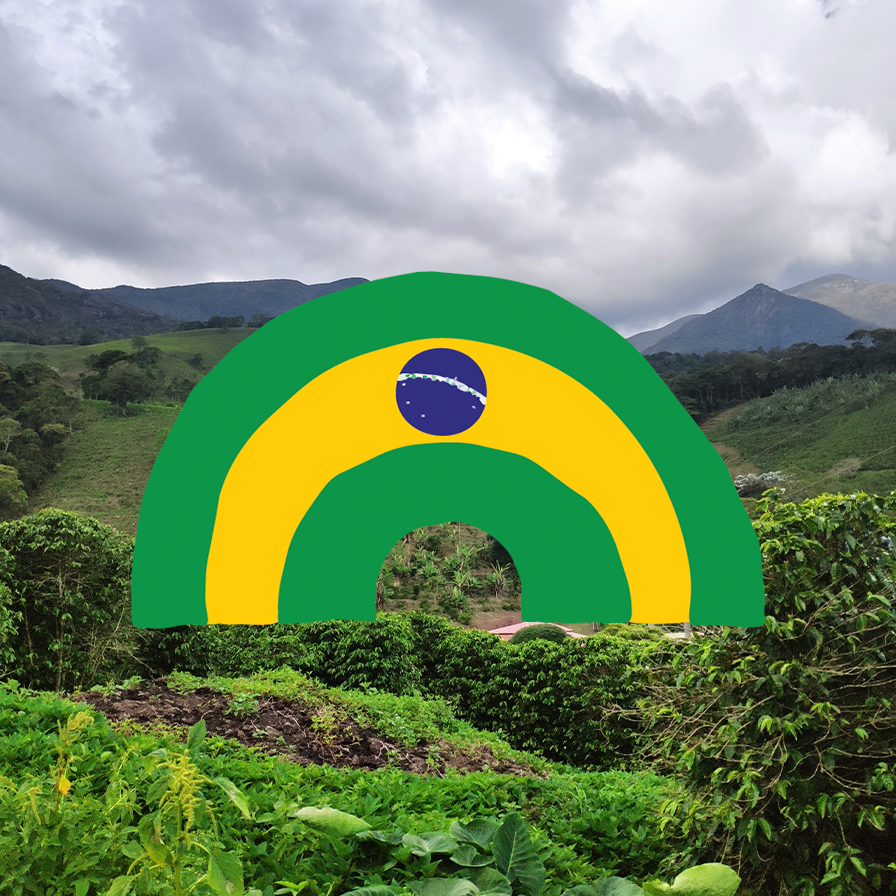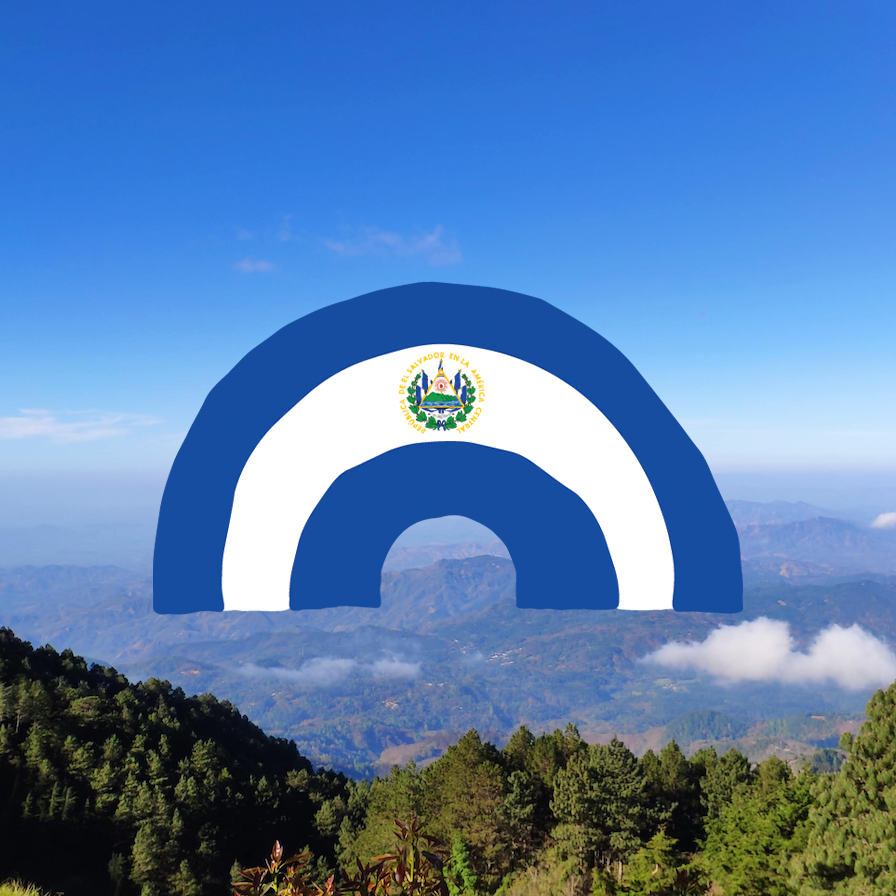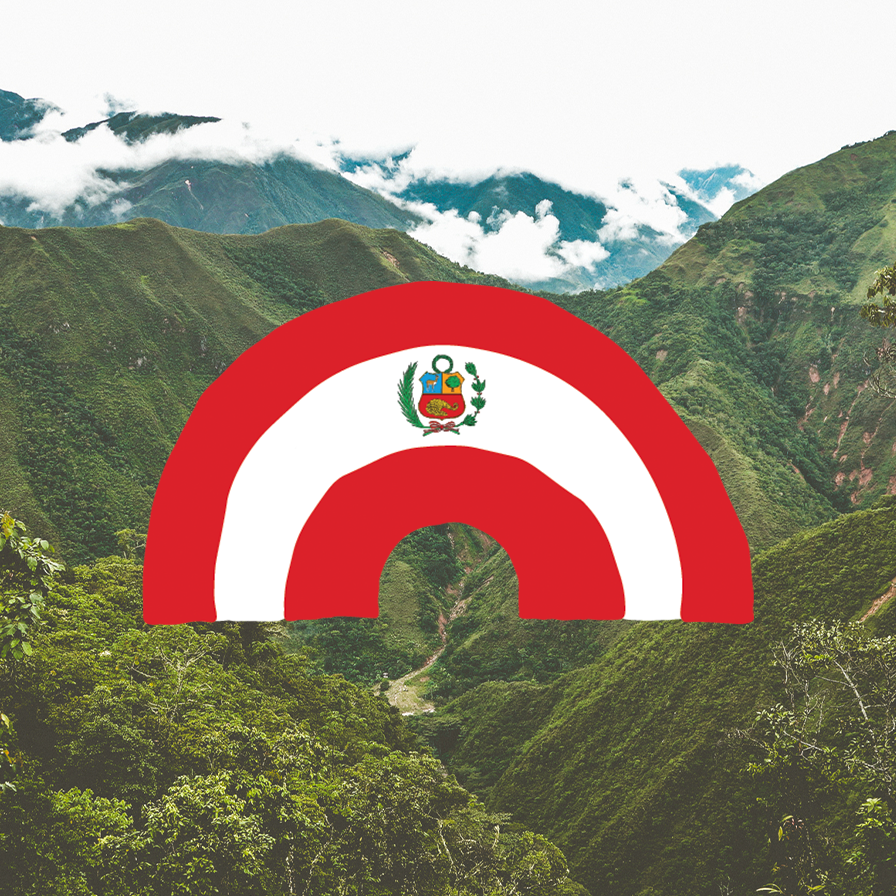
BRAZIL, CAPARAÓ AND ESPIRITÓ SANTO
JANUARY 23, 2020 | Written by Hampus Marcussen

Being the sole biggest producer of coffee in the world, Brazilian beans aren’t by any means new to the scene. Around one-third of all coffee is produced in this majestic country.
But far from it in a sustainable matter. The majority of farms producing coffee do it in a monoculture way, without any means to create a habitat for any life other than the coffee itself. The producing plants depend highly on the agro toxics they are fed. And at the same time, the low market prices for coffee are pushing these big farms to become more and more efficient daily. Where the only way of making any money is by pushing each plant to produce its absolute maximum, at all times. All in all creating situations that are far from sustainable.


”In these regions, where slopes are steeper and farms generally smaller, coffee is cultivated by hand”
Our endeavor is in the mountainous regions of Caparaó and Espiritó Santo, some 7 hours north of Rio de Janeiro. In these regions, where slopes are steeper and farms generally smaller, coffee is cultivated by hand to a greater extent and in similar ways as other coffee-producing origins around the globe.
The farms are run by families and cultivated together. However, these are also challenges for producers. Where competing with higher producing areas of the country is difficult, cause of tougher terrain - demanding more work by hand, driving costs – and also in a microclimate with more annual rainfall, making drying of coffee a bigger challenge.

”We are on the slopes of the Pico da Bandeira mountain and on that range, we have multiple farmer friends that grow coffee ”
So, by setting up our operations in these regions we feel we can have the greatest impact. Working closely with farmers surrounding our 10-hectare plot of land, in which we are going to run our role model farm and construct our first washing station.
The actual place is in Caparaó and even more precisely, Alto Caparaó. We are on the slopes of the Pico da Bandeira mountain and on that range, we have multiple farmer friends that grow coffee and with whom we collaborate. All are between 900 and 1500 meters in elevation.
Due to their unique microclimates, Caparaó and Espiritó Santo are harvesting coffee later in the season, during the months of August to November. And thanks to the unique settings these regions also hold a totally different potential and flavor profile. Things we are eager to explore and challenge.








